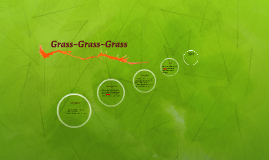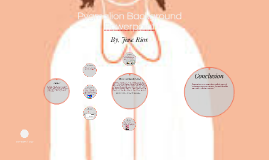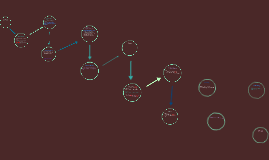TEMPLATE BACKGROUND
Transcript: 10. 'm just a buffalo soldier in the heart of America 11. Stolen from Africa, brought to America 12. Said he was fighting on arrival, fighting for survival Said he was a buffalo soldier, win the war for America 13. Dreadie, woy yoy yoy, woy yoy-yoy yoy 14. Woy yoy yoy yoy, yoy yoy-yoy yoy 15. Woy yoy yoy, woy yoy-yoy yoy 16. Woy yoy yoy yoy, yoy yoy-yoy yoy 17. Buffalo soldier troddin' through the land, wo-ho-ooh Said he wanna ran and then you wanna hand 18. Troddin' through the land, yea-hea, yea-ea 19. Said he was a buffalo soldier, win the war for America 20. Buffalo soldier, dreadlock rasta 21. Fighting on arrival, fighting for survival 22. Driven from the mainland to the heart of the Caribbean 23. Singing, woy yoy yoy, woy yoy-yoy yoy 24. Woy yoy yoy yoy, yoy yoy-yoy yoy 25. Woy yoy yoy, woy yoy-yoy yoy 26. Woy yoy yoy yoy, yoy yoy-yoy yoy When they arrived in America they were fighting for survival African Americans were brought from Africa to server in a war metaphor Fighting on arrival, fighting for survival 22. Driven from the mainland to the heart of the Caribbean heart of america They sailed on a boat 27. Troddin' through San Juan in the arms of America Troddin' through Jamaica, a buffalo soldier Fighting on arrival, fighting for survival Buffalo soldier, dreadlock rasta 28. Woy yoy yoy, woy yoy-yoy yoy Woy yoy yoy yoy, yoy yoy-yoy yoy Woy yoy yoy, woy yoy-yoy yoy Woy yoy yoy yoy, yoy yoy-yoy yoy Bob Marley Buffalo Soldier 11. Stolen from Africa, brought to America heart of the caribbean Metaphor Repitition 21. Fighting on arrival, fighting for survival 1. Buffalo soldier, dreadlock rasta There was a buffalo soldier in the heart of 2. America Stolen from Africa, brought to America Fighting on arrival, fighting for survival 3. I mean it when I analyze the stench To me it makes a lot of sense 4. How the dreadlock rasta was the buffalo soldier 5. And he was taken from Africa, brought to America Fighting on arrival, fighting for survival 6. Said he was a buffalo soldier, dreadlock rasta Buffalo soldier in the heart of America 7. If you know your history 8. Then you would know where you're coming from 9. Then you wouldn't have to ask me Who the 'eck do I think I am By: Ruben Arutunian

















